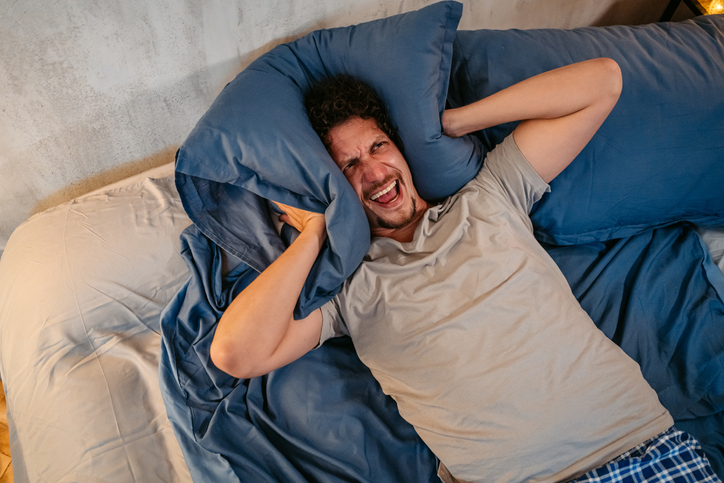
Source: urbazon / Getty
In our fast-paced world, sleep often takes a back seat to our daily responsibilities and commitments. Research shows if you don’t get enough dozing, you actually function as if you’ve had two or three drinks of alcohol.
A century ago, the average person enjoyed a luxurious 12 hours of sleep per night. However, over the decades, this vital slumber has dwindled to a mere six hours for many Americans.
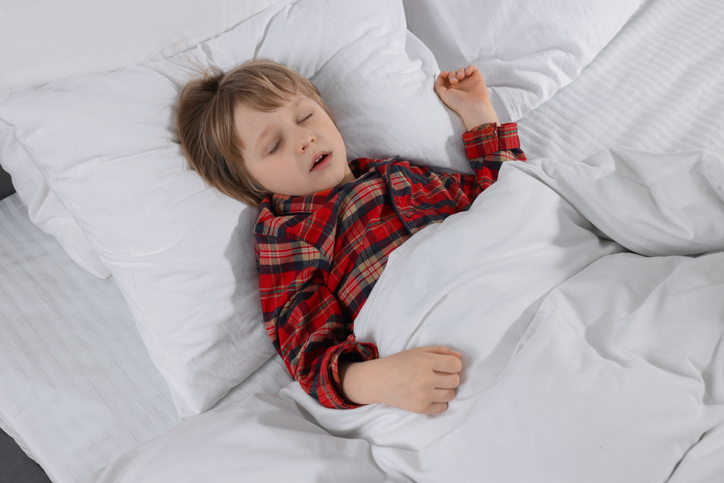
Source: Liudmila Chernetska / Getty
The Sleep Situation in Indiana
According to the United Health Foundation’s annual report, 42.8% of children under the age of 15 in Indiana were found to be getting “insufficient sleep.” Even high school graduates only marginally improved this statistic, with 40.4% reporting inadequate sleep.
The American Academy of Sleep Medicine recommends that teenagers should aim for 8-10 hours of snoozing per night. Unfortunately, studies have shown that seven out of ten high school students in Indiana fall short of this recommendation on school nights.
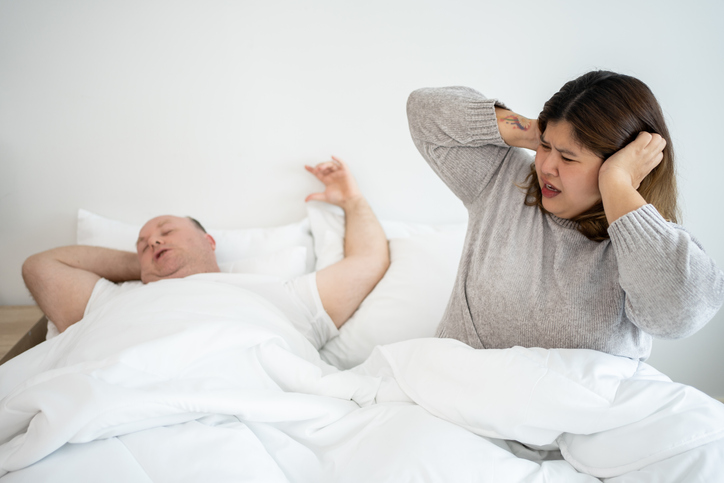
Source: Kikujiarm / Getty
Data reveals that a concerning 38.5% of the adult population in Indiana is also grappling with ZZZ’s. This lack of shut eye can put you at risk for health problems including heart disease, obesity, and diabetes.
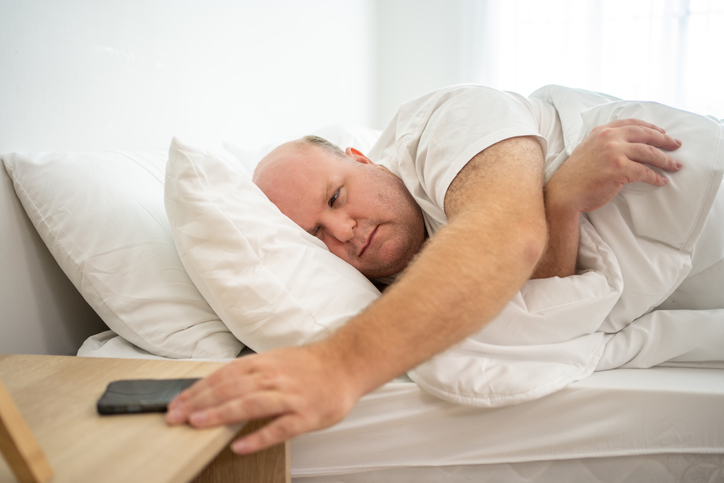
Source: Kikujiarm / Getty
A national study conducted by Leafwell sought to determine which states were grappling with the worst siestas. Indiana scored 49.61 on the sleep score scale. This places Indiana at the 23rd most sleep-deprived state in America.
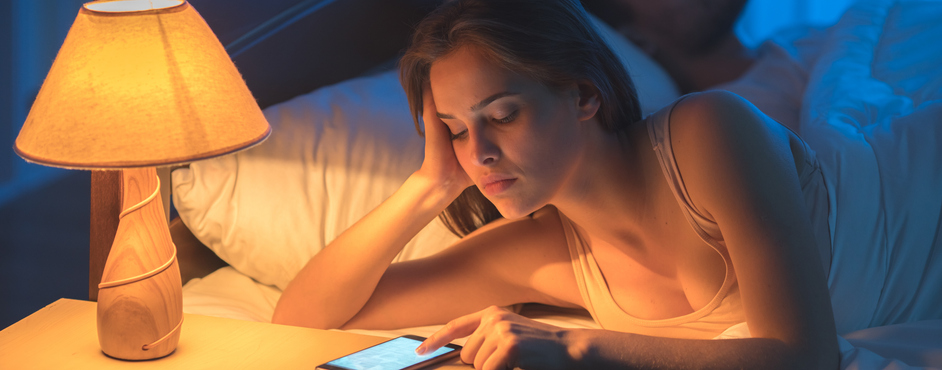
Source: Viacheslav Peretiatko / Getty
Sleep Deprivation Across the Midwest
Indiana is not alone in its slumberland woes. Our neighboring Midwestern states are also experiencing similar problems. Ohio ranked 19th on the sleep deprivation scale with a score of 42.84. Illinois followed closely behind with a score of 44.71, and Michigan rounded out the list with a score of 45.92. These statistics reveal that being up all night is a regional issue, and the heartland of America is not exempt from its consequences.
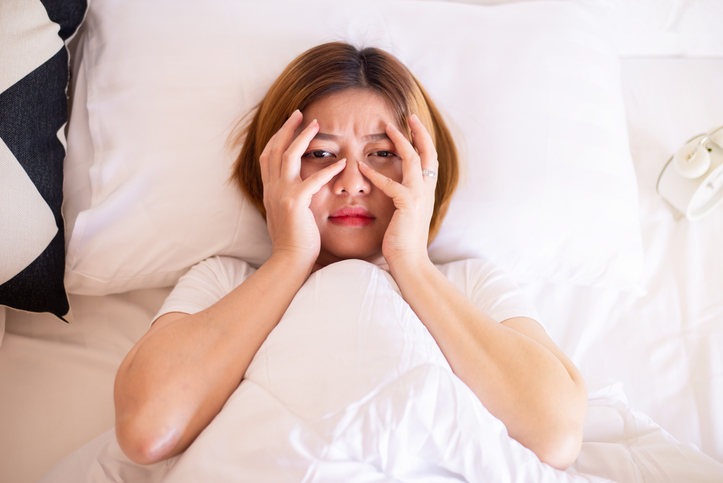
Source: Piyapong Thongcharoen / Getty
Guidance on improving slumber:
- Avoid Vigorous Activity Before Bed: Refrain from engaging in heavy, or stress-inducing work before bedtime.
- Examine Caffeine and Alcohol Intake: Understand how substances like caffeine and alcohol affect your sleep and adjust your intake accordingly.
- Control Room Temperature: Maintain a comfortable environment with a room temperature between 68-72 degrees Fahrenheit.
- Minimize Light Exposure: Reduce light sources in your bedroom, including phones and clocks, as excessive light can interfere with shut eye.
- Keep a Sleep Log: Monitor your diet and drinking habits and correlate them with your hibernation patterns to identify potential triggers for sleep disturbances.












